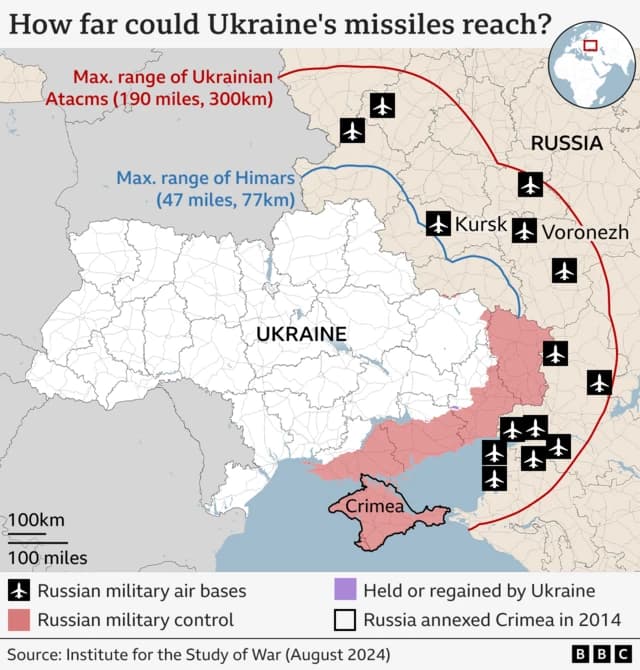Mass arrests follow deadly post election violence in Cameroon, government says
Cameroon authorities carried out mass arrests after post election unrest that left 16 people dead, a government minister told AP, underscoring renewed strains on national stability. The sweeping response raises questions about due process and could attract international scrutiny as observers call for transparent investigations and accountability.
Listen to Article
Click play to generate audio
A government minister told the Associated Press that mass arrests followed post election violence in Cameroon that left 16 people dead, a grim toll that has deepened concern over political stability in the Central African country. Officials provided few public details about the arrests, and the minister did not release a precise count of those detained or identify where they were being held.
The violence erupted after a contested electoral period that already heightened tensions across the country. Cameroon has long lived with political cleavages shaped by regional, linguistic and economic divides, and electoral contests often become focal points for grievances. In recent years those underlying tensions have occasionally flared into violence, straining the capacity of state institutions to contain unrest while respecting legal norms.
The rapid resort to mass detention as a response to unrest presents immediate legal and human rights questions. International human rights law requires that arrests meet standards of necessity, proportionality and due process, and detainees must have prompt access to legal counsel and avenues to challenge their detention. Without transparent reporting on who has been arrested, the charges they face and the conditions of their detention, concerns about arbitrary arrests and potential abuses will persist.
Beyond legal concerns the government’s response has political ramifications. For citizens seeking accountability for the deaths and for political actors contesting the election, mass arrests may look like a heavy handed attempt to reassert control rather than address root causes. That perception could deepen mistrust between communities and the state, complicating efforts to restore calm and move toward reconciliation.
Regional and international actors are likely to watch developments closely. Cameroon occupies a strategic position in Central Africa and plays a role in regional counterterrorism and security cooperation. Renewed instability could strain relations with neighboring states and affect cross border movements, trade and security coordination. It could also prompt calls from rights groups and foreign governments for independent investigations into both the violence and the subsequent detentions.
For diplomats and international institutions the immediate priorities will be ensuring humanitarian access where needed and pressing for transparent, impartial inquiries into the deaths. Longer term, preventing a recurrence will require addressing the political grievances that often underlie election related unrest along with strengthening institutions that can manage disputes peacefully.
Cameroonians living through the aftermath face the double burden of mourning and uncertainty. The way authorities handle the detained and investigate the killings will be closely scrutinized at home and abroad. Independent reporting and credible investigations will be essential to determine the causes of the violence and to chart a path toward restoring public trust and upholding the rule of law. The initial information that 16 people died and that mass arrests followed comes from an AP account quoting a government minister, and further independent verification will be necessary to clarify the full scale and consequences of the events.

